“Bobby’s story highlights the spectrum of housing experiences that many families travel — homelessness, doubling up and public housing. This instability impacts families’ health, the ability to secure work and children’s academic success.”
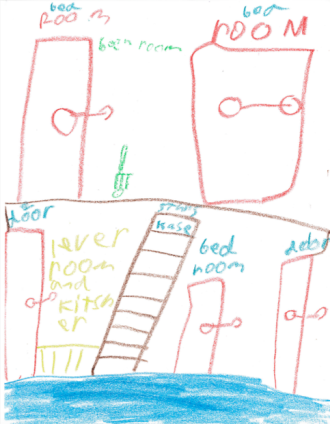

“Bobby’s story highlights the spectrum of housing experiences that many families travel — homelessness, doubling up and public housing. This instability impacts families’ health, the ability to secure work and children’s academic success.”
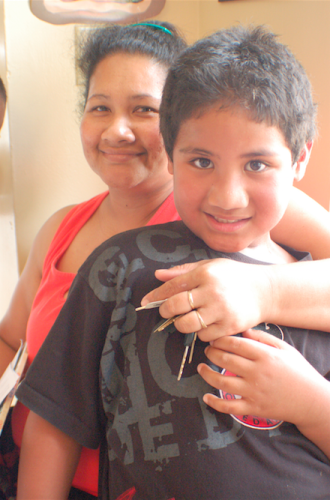
“Now is the time to let your representatives know that you believe that everyone deserves access to healthcare. When everyone can see a doctor or get preventative care, we have a stronger economy, healthier communities and stable families.”
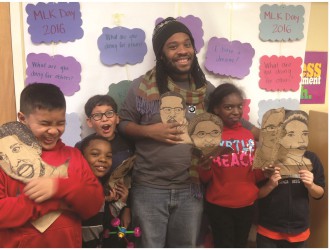
“Research shows that having a consistent, caring adult in the lives of vulnerable children is key to improving absenteeism, academics and behaviors.”
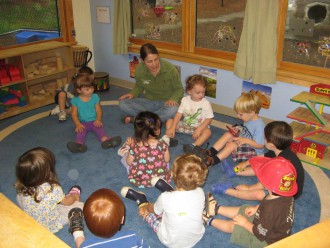
“Let’s elevate this bipartisan issue during 2016 elections. Encourage candidates to support the high-yield investment that quality early childhood programs can bring to our parents, children and communities.”
“Last year, the organization served over 2,800 children, or 6 percent of all children living in Buncombe County.”
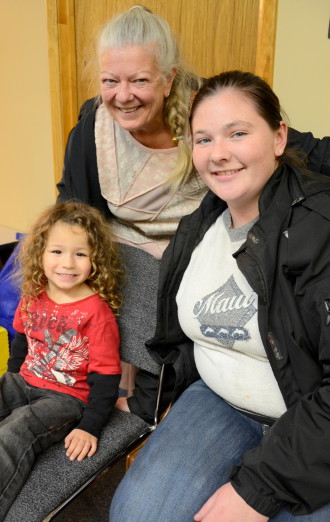
“We have to remember that the holidays can be a stressful time for some of our families who are living on tight margins,” says Lisa Barlow, Children First/CIS Student support specialist at Emma.

“Now, 20 years after the creation of the Family Resource Center at Emma, the need still exists in the Emma community, as unemployment and the number of students on the free and reduced lunch program are still extremely high.”
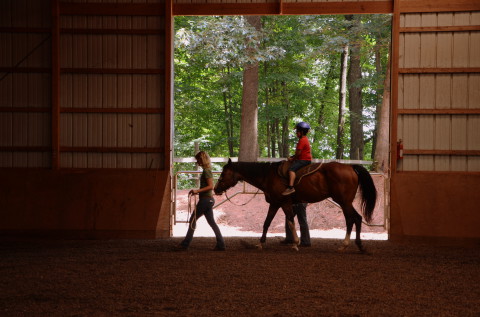
Horse Sense of the Carolinas, located in Marshall, is an internationally recognized leader in the field of equine-assisted psychotherapy and learning — used to foster positive emotional, mental, behavioral and social skills of those who may be at risk or have special issues including children dealing with food insecurity or crowded living-situations.